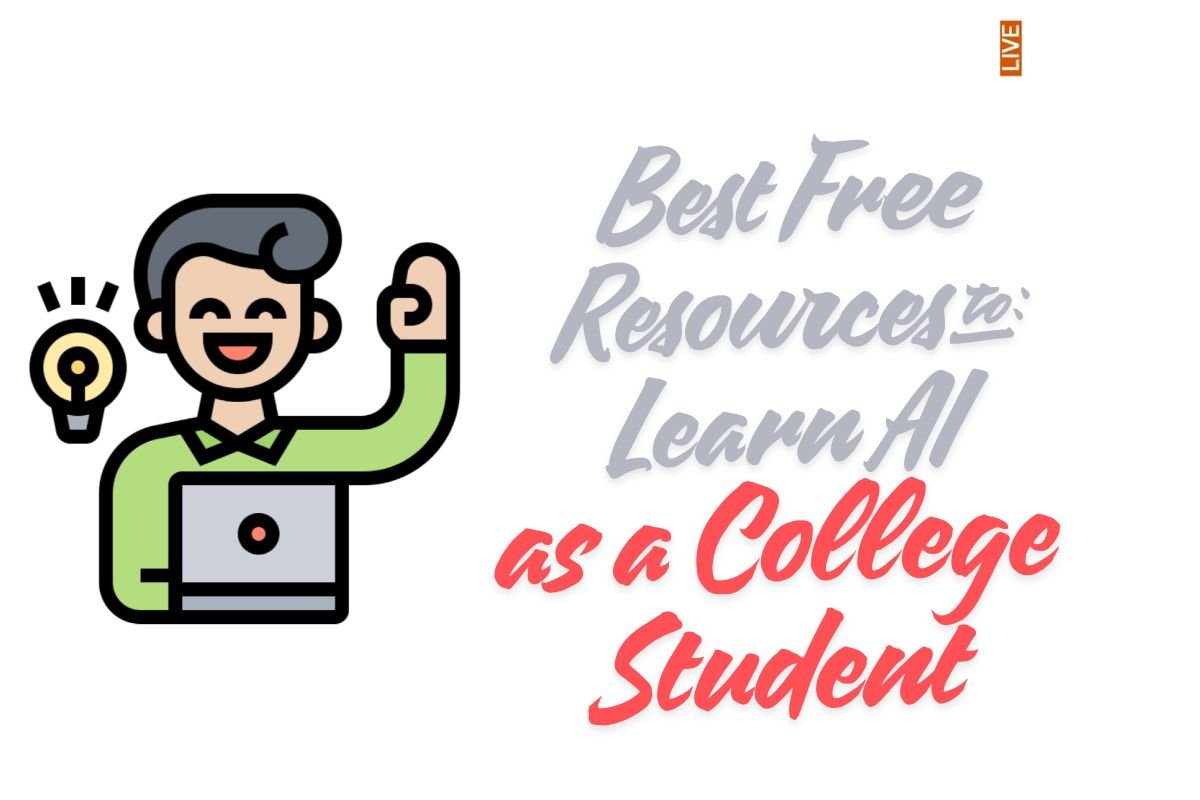Anyone who’s looked for a job has heard this phrase: “We’ll get back to you.” You’ve probably heard it after an interview, feeling hopeful and ready to hear back soon. But most of the time, that call, or email never comes. It’s frustrating, right? So, why does this happen, and what can you do about it?
Why Employers Ghost Candidates
It’s easy to feel rejected or frustrated when a company tells you they’ll reach out and then disappears. But the truth is, there are many reasons why employers don’t get back to you. Some of these reasons have nothing to do with you, and others might be just a part of the hiring process. Let’s break it down.
1. Too Many Applicants
It’s not you; it’s just the numbers. Hiring managers often receive hundreds, even thousands, of applications. Can you imagine trying to go through all those resumes? It takes time. Sometimes, companies just don’t have the resources to respond to everyone, even if they meant to. They might get so overwhelmed with the number of applicants that they just can’t follow up with each one.
2. Internal Hiring
This one hurts a little more. Sometimes companies post a job opening, interview candidates, and then hire someone who was already in mind for the position. They might have been looking for a backup in case that person didn’t work out. Or they just wanted to interview people for the sake of process. If you don’t get a response, it might just mean they already had someone in mind for the role all along.
3. Budget Changes
Companies are constantly working within budgets, and sometimes those budgets change unexpectedly. They might have started hiring with a plan in mind, but then financial issues force them to rethink the position. They may have even liked you, but if they can’t afford to hire, you won’t hear from them. Sadly, this is a common reason people get left hanging.
4. They Found Someone Else
This is another tough one. You might have been a great candidate, but in the end, they found someone else they liked more or thought was more suited for the role. It happens. Unfortunately, companies don’t always want to break the news to you, so they choose silence over rejection.
5. Company Disorganization
Let’s be honest: Some companies just aren’t great at communication. HR teams can get overloaded, and they might miss following up with you. They might have the best intentions to keep you in the loop but get busy with other tasks. It’s not an excuse, but it’s a reason why your follow-up might fall through the cracks.
How to Handle Job Rejections Like a Pro
Okay, so you’ve been ghosted. It sucks, no doubt. But the important thing is how you handle it. There’s no point in moping around or letting one rejection ruin your day. Here’s how to handle job rejections like a true professional and keep moving forward in your job search.
1. Follow Up
If it’s been a week or longer since your interview and you haven’t heard anything, it’s totally okay to send a polite follow-up email. Keep it simple—just ask for an update and let them know you’re still interested in the role. Something like, “Hi [Hiring Manager’s Name], I hope you’re doing well! I wanted to check in and see if there are any updates on the position I interviewed for last week. I’m still very interested and look forward to hearing from you.” It shows that you’re proactive without being pushy.
2. Apply Elsewhere
Don’t get stuck waiting for one company’s decision. While you’re waiting for an answer, keep applying to other jobs. The more positions you apply to, the better your chances are of finding the right fit. It might feel like you’re repeating the same process, but think of it as building your future. Keep the momentum going, and don’t let one job hunt make you feel stuck.
3. Improve Your Application
If you’re applying and not hearing back, it might be time to rethink your approach. Take a close look at your resume and cover letter. Are they highlighting your strengths clearly? Are they tailored to the job you’re applying for? Sometimes, making small tweaks to your resume or cover letter can make a big difference in getting noticed.
If you’re not sure where to improve, ask a friend or mentor to look it over. They might see things you missed or suggest changes that can make your application stronger.
4. Network More
Networking is one of the best things you can do during a job search. Sometimes, it’s not just about what you know but who you know. Get active on LinkedIn, attend industry events (even virtual ones!), and reach out to people in the field you’re interested in. Networking isn’t just about asking for a job; it’s about building relationships. You never know when a connection might lead to an opportunity.
5. Stay Positive
Job hunting can be draining, and rejection hurts. But remember, it’s not the end of the world. Keep a positive attitude. Every “no” brings you one step closer to a “yes.” Stay confident, and don’t let a lack of response make you feel like you’re not good enough. The right job will come when the time is right.
Conclusion
Job hunting is tough, and being told “We’ll get back to you” can feel like the biggest letdown. But don’t let that stop you. Keep applying, keep improving your skills, and keep reaching out to others. Rejection is part of the process, but it doesn’t define your worth. You’ve got the skills, the drive, and the determination to land a great job.
At Future Ready, we believe in helping you stay motivated and prepared for whatever comes your way in your career. Whether it’s following up after an interview, tweaking your resume, or just keeping your chin up after rejection, we’ve got your back. Stay focused on your goals, and the right job will come. Keep going, because your dream job is out there waiting for you.




















